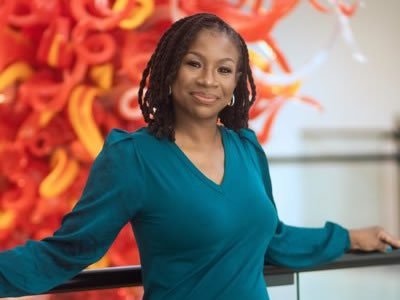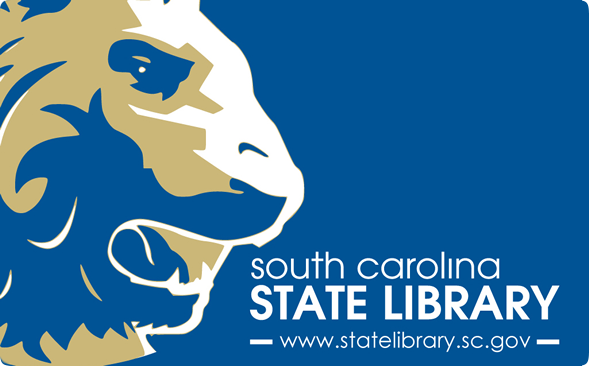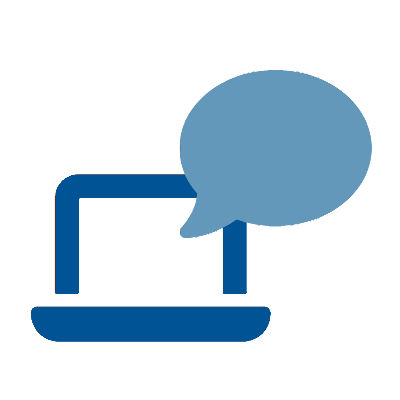The National Federation of the Blind announced that it has created a hotline for blind and visually impaired voters to report any difficulties in casting their ballots both secretly and independently in the upcoming election.
The purpose of the hotline will be to monitor compliance with the provisions of the Help America Vote Act (HAVA) relating to non-visual access to the voting process for the blind.
James Gashel, Executive Director for Strategic Initiatives at the National Federation of the Blind, said: “This election is historic because it is the first general election since the implementation date for the accessibility provisions of the Help America Vote Act. I was able to vote independently and completely in private for the first time in the Maryland primary election last month and look forward to doing it again in November, when many blind voters across the nation will cast a secret ballot for the first time in their lives. The ability to cast a secret ballot is not only thrilling for us as blind voters, it protects our democracy by ensuring that nobody exercises undue influence over us or engages in outright fraud while pretending to help us vote. A secret vote is just as important for blind voters as it is for every other American.”
The National Federation of the Blind HAVA National Compliance Hotline will be available at 1-877-632-1940 from 7:00 AM-10:00 PM EST on Election Day (Tuesday, November 7) and from 8:00 AM-5:00 PM on Wednesday, November 8. Callers will be asked where they are voting and whether they have been able to cast their ballot with accessible equipment. The National Federation of the Blind will analyze the data collected and conduct any appropriate follow-up, including assisting voters with actionable grievances in filing complaints with the United States Department of Justice.
Passed in 2002, the Help America Vote Act was intended to help states replace outdated voting equipment such as the punch card machines that caused problems during the 2000 presidential election. The law mandates that every polling place in the nation must have at least one voting station accessible to the blind. As of January 1, 2006, jurisdictions should be complying by using electronic voting terminals, special ballot-marking devices, or vote-by-phone systems. All of these methods use audio prompts to read the ballot to a blind voter and allow the voter to make ballot choices using a keypad. This technology allows the blind to vote without the assistance of a sighted poll worker. “Since many jurisdictions will be using new voting equipment that is accessible to the blind for the first time,” Dr. Marc Maurer, President of the NFB, explained, “we feel that it is essential to collect data on whether that equipment has been implemented and works properly.”
For more information about the National Federation of the Blind and its work on access to elections, visit http://www.nfb.org/nfb/HAVA_intro.asp.


